It is only in Africa that age is used to classify people, Only in Africa that gender defines who you are and what job or position you can occupy, only in Africa that elders claim they know everything. But this has not been true during this current technology revolution (Internet, blockchain and cryptocurrencies)that has been sweeping across Africa.
Universally African countries are usually considered as the third world countries, this has been facilitated by the sluggish adoption of technology, lots of broken systems through corruption, poverty, internet penetration and education. This also has been fueled by lack of transparency in governing bodies and institutions around African countries. For a long time agriculture has been the main economic activity among African countries but on the other hand, industrial and technological adoption has been very slow in Africa, while the developed countries thrived during these ages.
This has not been the case with blockchain and cryptocurrencies adoption in Africa.
Despite fears and skepticism over usage of virtual currencies for crime, tax evasion and money laundering, more African countries and individual investors are increasingly embracing cryptocurrencies to escape the challenges posed by fiat money and also to mop up an extra value from informal markets that dominate the continent, according to a newly-published report by Global Risk Insight.
Below is a summary of blockchain and cryptocurrency based projects around Africa. If you have more detailed information on blockchain and crypto related projects in your country, we encourage you to share it in the comment section.
South Africa
According to a survey by Luno, South Africa outpaced other European Markets on crypto ownership and familiarity. With humongous projects such as Project UBU in late 2017 that aims to help impoverished families and distribute universal income to South Africans in need of help, South Africa is going to position itself as the continents hotspot for blockchain projects. Other projects include; The Blockchain Academy in Cape Town that offers specialized training to local entrepreneurs and companies. The country is also home to one of Africa’s biggest blockchain conventions, the Blockchain Africa Conference , that takes place every year in Johannesburg. A blockchain start-up TariLabs has launched in Johannesburg, South Africa, with the aim of building the open source Tari blockchain protocol on Monero Blockchain. Lastly Project Khokha by South African Reserve Bank (SARB)
Kenya
(image credits; Bitcoin.com)
Kenya being the African hub for mobile payment solution Mpesa, cryptocurrency adoption is on the rise by individual investors and businesses (Betty’s, a Restaurant in Nyeri County already accept Bitcoin payment). This has further been propelled by the Blockchain task-force formed by President Uhuru Kenyatta to explore opportunities blockchain technology. In Kenya, blockchain technology has already been deployed to “enable credit scoring of small businesses,” therefore allowing them access to microloans through their mobile phones under a partnership between start-up company Twiga Foods and IBM. Kenyan startup ‘Nurse in Hand’, has signed a MoU with Apla Tech Company to build a blockchain-based accident and emergency response platform. Kenyan real estate firm Land Layby Group plans to use blockchain to store land registry records, eliminating the existing real estate challenges of fraud, double ownership and false documents.
In addition Bitpesa, a digital treasury management solution that leverages blockchain settlement to lower the cost and improve the speed of payments to and from frontier markets. Lastly Nurucoin, a pan African E-commerce currency solving problems of payment in Intra-Africa trade and cross-border B2C marketplaces.
Uganda
Despite local regulators warning Ugandans on the use of cryptocurrencies, the crypto space has spiked an interest among entrepreneurs in Uganda and international investors to help in strengthening the countries economies. In May 2018, Uganda hosted the Africa Blockchain Conference. Other projects include CoinPesa, a cryptocurrency exchange, CryptoSavannah and Binance partnership that aims to promote blockchain initiatives in the country. Wala, a blockchain powered platform that intends to offer barrier-free banking solutions to the unbanked in emerging markets, launched its money transfer app in Uganda. The zero fee app provides users with access to remittance services, credit and savings solutions on the platform. The services are enabled by the Dala token, which facilitates near instant micropayments at no fees. The company partnered with Spire to pre-install Wala in over 30 million smartphones across its markets. In addition, Wala partnered with Block Commodities, FinComEco, and the Dala Foundation to lend $10 million worth of Dala tokens to small-scale farmers in Uganda.
Ghana
Sometime back in 20176, Ghana made headlines on one of its projects, Bitland that aims to help people settle land disputes, as well as reduce illegal displacement and corruption within the area. Bitsoko which is an on promoting acceptance of mobile money for everyday use, as well as on providing accessible cross-border payments, received a research donation from Bill and Melinda Gates Foundation to spearhead blockchain research in Ghana. Still, the Central Bank of Ghana has not yet declared cryptocurrencies as a legal tender.
Nigeria
Nigeria is another African country that seems to have its eyes set on crypto and blockchain adoption. This has encouraged startups such as CDIN initiative (that focuses on informing and educating Nigerians about the potential benefits of blockchain and cryptocurrencies) and NIMC (proposed blockchain-based identity system that would allow African citizens to travel across the continent with a single identity on the network).
Tanzania
With high volumes of trade on Localbitcoin in Tanzania earlier this year, the country has still not yet banned cryptocurrencies as they await regulatory measures from the central bank and other regional regulators. One of the major blockchain start-ups in Tanzania is AID:Tech and PharmAccess, which are harnessing AID: Tech’s blockchain platform to collect and verify digital health data to make antenatal care more effective in Tanzania.
Ethiopia
Blockchain technology holds great promise in Ethiopia, the largest coffee producer in Africa, but getting a foothold in the country is a challenge due to its constraining bureaucracy. Earlier this year through the ministry of Science and Technology, the government signed a memorandum of understanding (MOU) with Charles Hoskinson, CEO of Cardano (ADA). Ethiopian government aims to benefit by using Cardano‘s blockchain in domestic agriculture.
Other projects around Africa are:
ITEX, one of the top payment solutions in Africa and specifically, Nigeria (over 14 years old), has penetrated markets of over 23 countries throughout Africa and is currently working on an integrated Pan-African settlement platform on the blockchain.
Paxful has announced plans to establish a blockchain incubator hub in Lagos, Nigeria, as well as to run Blockchain and cryptocurrency events in Nigeria, Ghana and Cameroon.
Jamborow, the Pan African B2B platform for financial inclusion in Africa is also building a blockchain solution to help secure data, transactional information and identity management for her clients in Africa.
“Considering the potential for large-scale cryptocurrency use in Africa, policymakers in regions across the continent have some legitimate concerns. Among these is the risk of crypto asset crime, including tax evasion, money laundering, and terrorist financing through cryptocurrency if its trading is unregulated.’’ according to Global Risk Insight.
More from my site

I have been following the crypto markets since mid 2017, just in time to witness the incredible surge of the digital asset industry. Fascinated by the potential of blockchain technology I’ve started to dig deeper and that’s how I ended up meeting the CryptoKibao team. I’m a marketing student and a three-year online marketer, therefore the crypto and blockchain awareness is particularly interesting for me. People call blockchain the ‘Fourth Industrial Revolution’ and I believe it will change our daily lives in the coming years and we will have the front row seats to witness it.

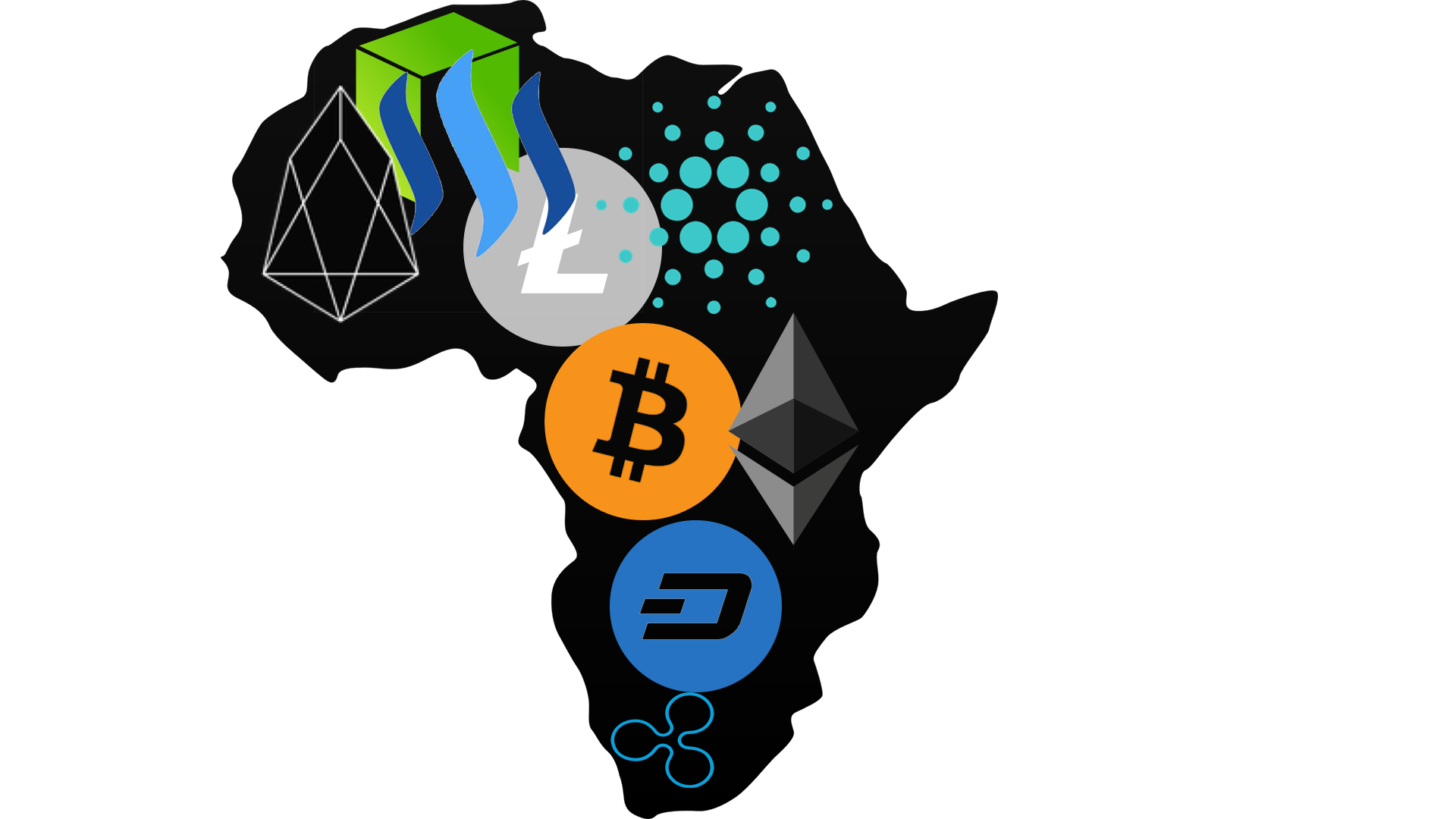
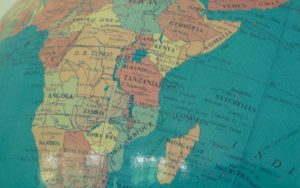
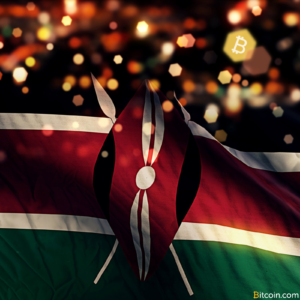
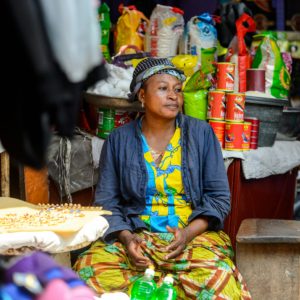
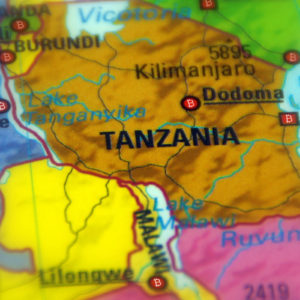



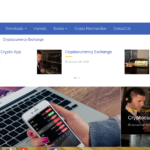


Comments